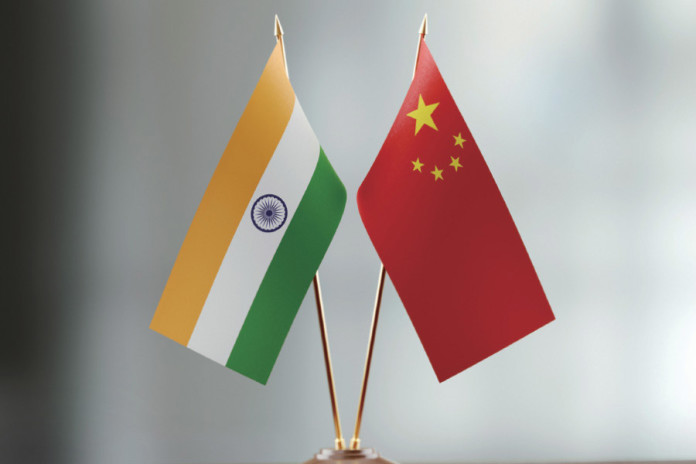Two Indian corporate entities opting to resolve their dispute in London or Singapore is not an uncommon situation today. A recent development in the Indian dispute resolution arena is that many Indian parties enter into arbitration agreements consciously opting for a foreign seat. This is common, especially when one of the parties has foreign equity ownership or the contract was executed overseas and the parties are keen for expeditious resolution of a high value dispute before an international tribunal.

Managing partner
Singhania & Partners
SEAT OF ARBITRATION
Whether two Indian parties can have a foreign seated arbitration is no longer a question today. The seat of arbitration is an important issue because a “seat” of arbitration carries with it the law applicable to arbitration. Apart from India, Indian parties are seen to opt for seats outside India at various places such as China, the UK, the US, Singapore, Switzerland, etc.
RESTRICTED VIEW IN THE PAST
In the past, Indian courts held a restricted view towards allowing parties to opt for a foreign seat of arbitration. The Indian Supreme Court in a 2008 judgment, in TDM Infrastructure (P) Ltd. v. UE Development India (P) Limited, held that it would not be open to two Indian parties derogating from the laws of India as this was against public policy. Although the ruling was not very succinct on the issue, it was the law nevertheless.
CHANGE OF COURT ATTITUDES
However, more recently, various Indian high courts, while interpreting a 1997 judgment of the Supreme Court of India in Atlas Exports Industries v. Kotak & Company as well as a Constitution Bench judgment in Bharat Aluminium and Co. vs. Kaiser Aluminium and Co., have held that as long as two Indian parties do not exclude the substantive law of the contract by agreement, they are very much free to opt for a foreign Seat.

Senior Associate
Singhania & Partners
The Madhya Pradesh High Court in Sasan Power Limited v. North American Coal Corporation India Pvt. Ltd. has discussed that under the Indian Law, nationality of the parties does not play any role in determining the seat of arbitration. It was thus permissible for parties to have a foreign seat. Although when the judgment went to the Supreme Court, the court refrained from giving any finding on this issue but it did observe that the presence of any foreign element between the Indian parties would allow them to have a foreign seated arbitration.
FOREIGN ELEMENT
In KLA construction Pvt. Ltd. v Kajima India Pvt. Ltd (Arbitration Petition No. 21 of 2017), the Uttarakhand High court also followed the same opinion and held that ‘foreign element’ is an important element for Indian parties to have a foreign seated arbitration.
The court further went on to clarify that in the absence of any such element, the dispute will be refereed as a domestic dispute.
Most recently in the case of GMR Energy Limited v. Doosan Power Systems India Private Limited and Ors, the court has opined that two Indian parties can have a foreign seated arbitration and it does not contravene public policy.
CHOICE WIDENED
Such a progressive route, which is also followed by the Delhi High court, has widened the choice that Indian entities may have in choosing a seat of arbitration outside India.
In case parent entities lack confidence in the Indian legal system for various reasons, it is just another mode of instilling confidence so as to permit two Indian parties to have a foreign seat. This will not only facilitate Indian parties but will also increase foreign investment in the country. This is because subsidiaries of foreign companies that are Indian entities can now easily arbitrate their disputes outside the country.
MORE LAW FIRM COOPERATION
The parties can now not only seat their arbitration outside India but can also agree to appoint a foreign arbitrator. This may lead to various foreign law firms working in conjunction with Indian law firms to assist such arbitrations.
This is because, even though the procedural law and supervisory jurisdiction will be of the law of the seat of arbitration, the substantive law would have to continue to be that of India.
Ravi Singhania is the managing partner and Gunjan Chhabra is a senior associate at Singhania & Partners
Singhania & Partners LLP, Solicitors and Advocates
P-24 Green Park Extension
New Delhi 110016, India
电话 Tel: +91 11 4747 1414
电子邮箱 E-mail: ravi@singhania.in
gunjan.chhabra@singhania.in























